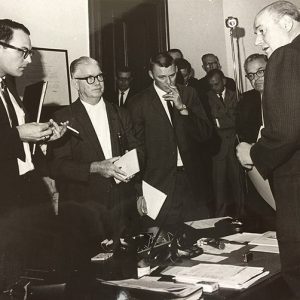 George Douthit, Winthrop Rockefeller
George Douthit, Winthrop Rockefeller
Race and Ethnicity: White - Starting with D
 George Douthit, Winthrop Rockefeller
George Douthit, Winthrop Rockefeller
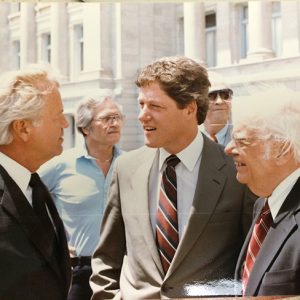 George Douthit and Bill Clinton
George Douthit and Bill Clinton
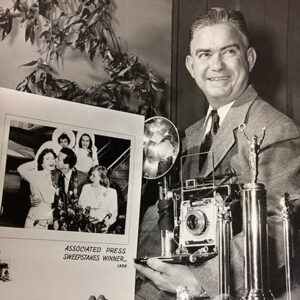 George Douthit
George Douthit
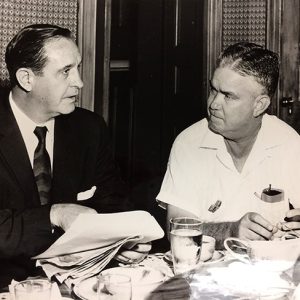 Faubus and Douthit
Faubus and Douthit
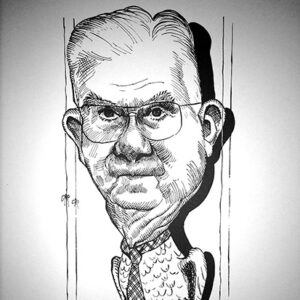 Douthit Caricature
Douthit Caricature
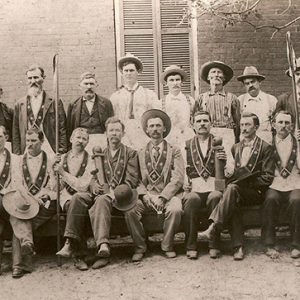 Dover Masons
Dover Masons
Dover, Connie
Dowd, Clark Wayne
Dowdy, John (Execution of)
Downing, Margaret Ruth
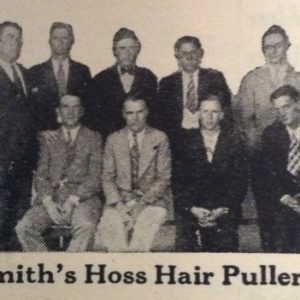 Dr. Smith's Champion Hoss Hair Pullers
Dr. Smith's Champion Hoss Hair Pullers
Dragonwagon, Crescent
aka: Ellen Zolotow
 Crescent Dragonwagon
Crescent Dragonwagon
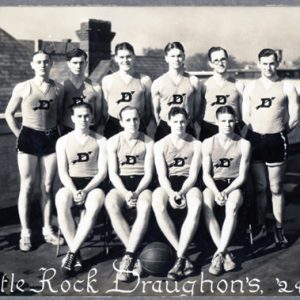 Draughon Basketball Team
Draughon Basketball Team
Draughon, James Harris
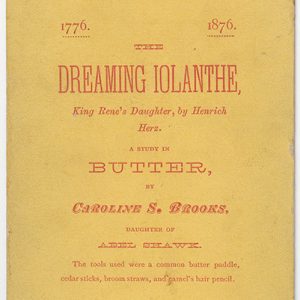 Dreaming Iolanthe
Dreaming Iolanthe
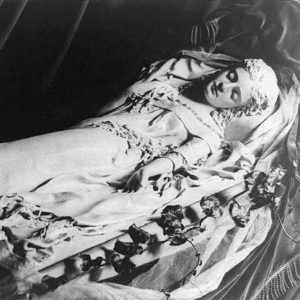 Dreaming Iolanthe Butter Sculpture
Dreaming Iolanthe Butter Sculpture
Drennen, John
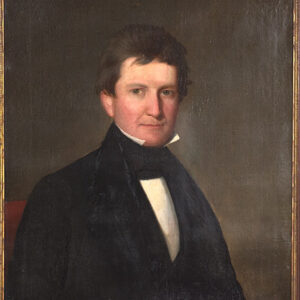 John Drennen
John Drennen
Dresbach, Beverley Githens
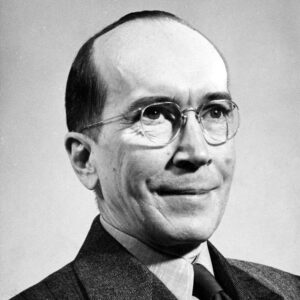 Glenn W. Dresbach
Glenn W. Dresbach
Dresbach, Glenn Ward
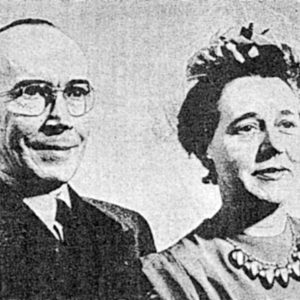 Glenn and Beverley Dresbach
Glenn and Beverley Dresbach
Drew, Thomas Stevenson
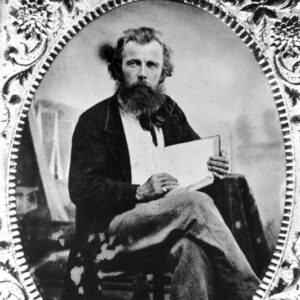 Thomas Drew
Thomas Drew
Driftwood, Jimmy
aka: James Corbett Morris
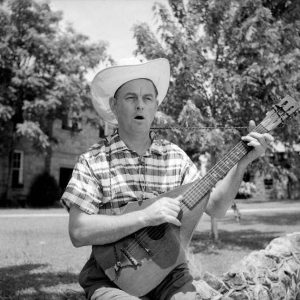 Jimmy Driftwood
Jimmy Driftwood
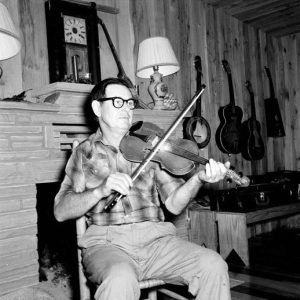 Jimmy Driftwood
Jimmy Driftwood
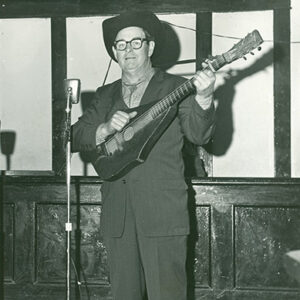 Jimmy Driftwood
Jimmy Driftwood
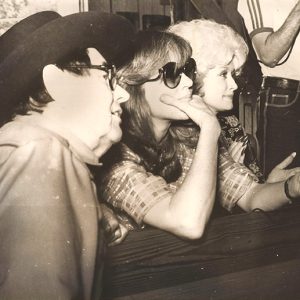 Jimmy Driftwood and Friends
Jimmy Driftwood and Friends
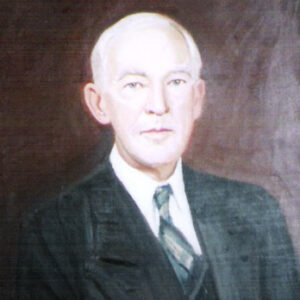 William Driver
William Driver
Driver, William “Judge”
Drummond-Webb, Jonathan
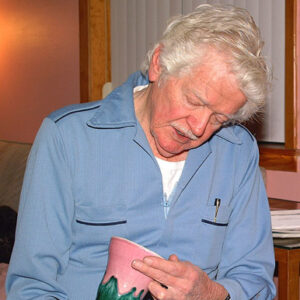 James Dryden
James Dryden
 Dryden Showroom
Dryden Showroom
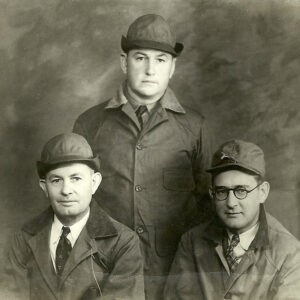 Duck Calling Contest Founders
Duck Calling Contest Founders
Dudley Lake, Skirmish near
aka: Scout from Brownsville (December 15–18, 1864)
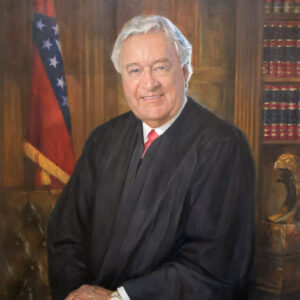 Robert H. Dudley
Robert H. Dudley
Dudley, Robert Hamilton (Bob)
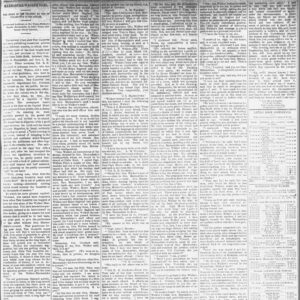 Duel Story
Duel Story
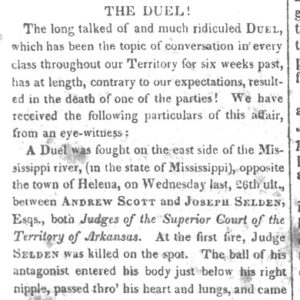 Duel Story
Duel Story
Dugan, William (Lynching of)
 Duggar Campaign
Duggar Campaign
Duggar Family
aka: 19 and Counting [Television Show]
aka: Counting On [Television Show]
 Jim Bob and Michelle Duggar
Jim Bob and Michelle Duggar
 Duggar Senate Campaign
Duggar Senate Campaign
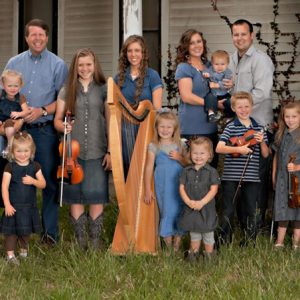 Duggar Family
Duggar Family
 Josh Duggar Mugshot
Josh Duggar Mugshot




